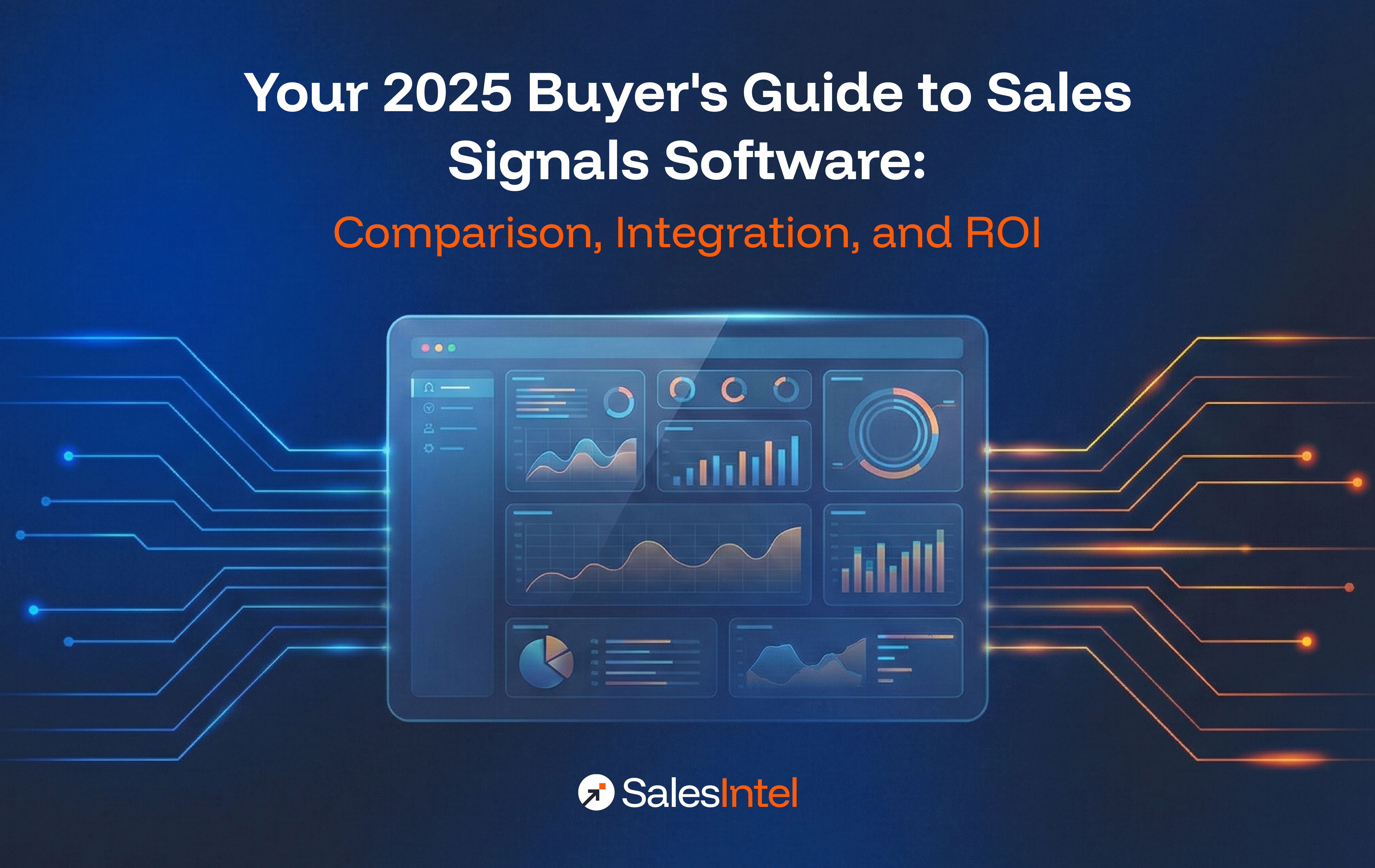Running a successful marketing operation takes significant time and effort, especially in the B2B market segment. Usually, it requires managing multiple campaigns that take months to convert leads into paying customers. On top of that, analyzing data and optimizing strategies while ensuring the utmost security call for creative problem-solving and strict adherence to data protection protocols. Stressful and time-consuming are just a few ways to describe the immense pressure involved.
Thankfully, the B2B marketing world no longer has to overcome those challenges without help. With the right tools, marketers can streamline their work and stay secure at the same time.
Common B2B Marketing Challenges
Excelling in B2B marketing can significantly contribute to business success, but it often comes with its share of unique hurdles. One of the biggest obstacles for companies, especially those with limited budgets, is generating high-quality leads through channels like social media, email marketing, and SEO. This is often accompanied by the challenge of collecting scattered and sensitive data.
It is equally challenging to maintain brand consistency across all channels while keeping up with ever-changing trends. From producing high-quality content for various platforms to monitoring their performance, marketers often spend significant time on repetitive tasks. At the same time, their data and findings are often limited due to the need to comply with policies like GDPR, which complicates the creation of well-crafted client profiles.
The organization of daily tasks is another hurdle. Every campaign has tight deadlines and requires seamless collaboration across departments to ensure technical accuracy, legal compliance, and more. But to make matters worse, B2B marketing departments are frequent targets for cybercriminals due to the large amounts of high-value customer data they handle. So, having to constantly keep an eye to phishing attacks or human errors adds to the overall complexity.
With all of these challenges and complexities, B2B marketing teams encounter numerous drawbacks for their daily operations. Fortunately, the right tools can simplify processes, enhance efficiency, and elevate your marketing efforts in no time.
- Lack of Alignment Between Sales and Marketing Teams: Miscommunication or differing goals between these teams can create inefficiencies and missed opportunities.
- Difficulty Measuring ROI: Many marketers struggle to accurately track the return on investment of their campaigns due to fragmented data and lack of cohesive reporting tools.
- Global Market Challenges: Expanding into international markets involves language barriers, cultural differences, and varying regulations, which can complicate marketing efforts.
- Adapting to Technological Changes: Keeping up with advancements in AI, automation, and analytics requires continuous learning and significant investment in new tools.
- Limited Resources: Small teams often face challenges managing multiple campaigns simultaneously, leading to burnout and decreased creativity.
Campaign Automation
Most B2B marketing campaigns rely on emails or social media posts. These platforms are where all repetitive tasks are done—sending out multiple promotional emails or publishing posts every day.
Repetitiveness can be monotonous and uninspiring. So, making campaign automation tools do all this work for you can be game-changing. With minimal manual labor, they let B2B marketers focus on what matters—writing good posts, reducing errors, creating strategies, and analyzing what their target audience wants to see next.
- Automation tools can help schedule emails or social posts at the best times to maximize engagement.
- These tools track campaign performance automatically, saving time on manual reporting.
- They allow you to easily test different messages or designs to see what works best for your audience.
- By automating routine tasks, teams can reduce burnout and focus on creative projects.
- Automation ensures consistency in messaging and branding across multiple platforms.
- It helps scale campaigns efficiently without increasing workload.
Analytics Tools
Imagine a situation where B2B marketers spend years attempting to get leads from their marketing campaigns and succeed. That’s great news, but if collected data isn’t analyzed, how does the department know which aspects of those campaigns worked and which didn’t? In cases like this, analytic tools are key to understanding the success rate of campaigns.
Such tools automate data collection and interpretation processes, allowing marketers to measure a campaign’s performance and ROI in minutes. Some of these tools can even offer insights into the results and help adjust the strategy if something isn’t working as expected.
- Analytics tools can help you understand customer behavior and preferences more deeply.
- They allow you to track trends over time, showing what works best in the long run.
- These tools can identify which channels or strategies are driving the most leads or conversions.
- By providing visual dashboards, analytics tools make complex data easy to understand and share.
- They help save time by automating performance reports, so marketers can focus on improving campaigns.
- Predictive analytics tools can forecast future outcomes and guide decision-making.
Account Security
Managing several accounts on different platforms is a well-known duty among B2B marketing specialists. Accessing any platform—social media, email marketing, analytics tools—often requires creating accounts and logging in regularly.
What’s critical to remember is that many of these accounts, from work emails to cloud servers, often store sensitive information. Without proper security measures, this data could be exposed, putting businesses and their reputation at risk.
To mitigate the risk of account leaks—and this is not something to take lightly—B2B marketing specialists should consider using business password managers. These tools generate strong, complex passwords and enable secure sharing within teams, providing a reliable way to maintain account security across all business platforms.
Content Scheduling
Everyone knows well that consistency is key in B2B marketing campaigns. Manually publishing posts and sending emails are incredibly time consuming, though. This is why it’s highly recommended for marketers to use content scheduling tools.
These let marketing managers plan every social media post in advance and schedule them for a week or even a month ahead, ensuring a consistent flow of content. As a result, marketers don’t have to worry about uploading content daily, avoiding disruptions to their workflow or the monotony of repetitive tasks.
Data Security
B2B marketers, business managers, and corporate teams handle high-value customer data and sensitive business documentation on a daily basis. This makes them prime targets for data brokers who harvest such information without notice or consent. If customer data is leaked, those carefully nurtured leads can quickly lose trust in your business and turn elsewhere—and in the world of B2B, that’s a high price to pay.
To prevent this from becoming a reality, marketers can use data security tools to prevent unauthorized access to sensitive information. Furthermore, data removal services can monitor and delete unnecessary private information from the internet. This is great for reducing the risk of data breaches, protecting customer privacy, and maintaining the trust of your audience.
However, not all services are as effective as they advertise to be. That is why it is essential to conduct thorough research before selecting a tool. Exploring community discussions, such as the Incogni vs. OneRep comparison on Reddit, can provide valuable insights and real-world user experiences to assist your marketing team in making an informed decision.
Marketing with Ease
All businesses encounter marketing challenges at some point. However, in the context of B2B, making a mistake in this area is simply unacceptable due to the potential for damaged client relationships and lost opportunities. To avoid this, marketing teams should integrate the right tools and strategies to streamline content creation, enhance data management, and ensure overall security. With the tools outlined in this article, we’re sure your team can confidently achieve its goals and meet everyone’s expectations.
- Effective tools can help reduce human error, ensuring marketing efforts are accurate and consistent.
- Streamlining repetitive tasks allows teams to focus on creative and strategic goals.
- Tools that enhance collaboration make it easier for teams to work together, even remotely.
- Data-driven insights ensure campaigns are more targeted and relevant to clients.
- Security features in marketing tools protect sensitive client information, building trust.
- By using the right strategies, teams can adapt quickly to changing market trends and client needs.




